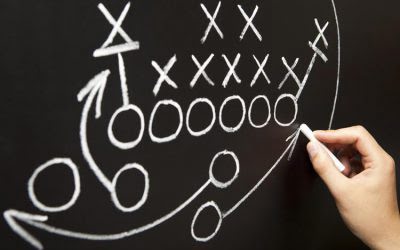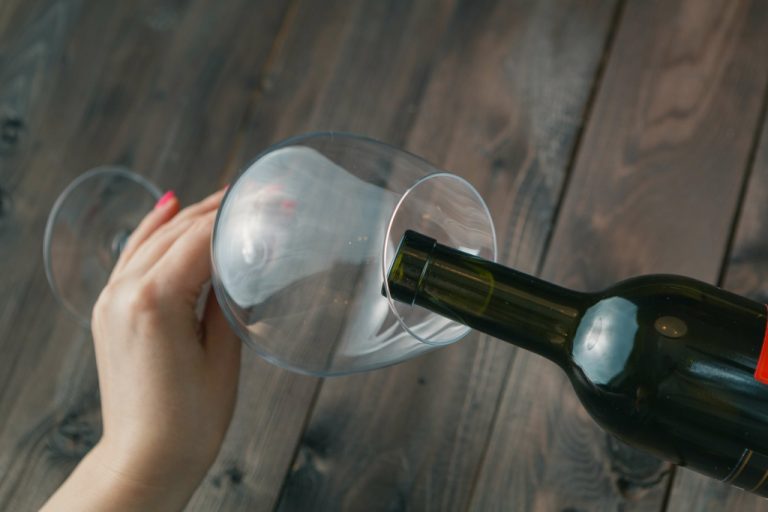And sometimes, they say they’re drinking to cope with a challenging symptom like insomnia. Research shows that regular alcohol intake can reduce sleep quality over time, potentially causing issues such as insomnia. The major issue is that people may not feel the negative effects at first.

Sleep Apnea Symptoms
The most effective time of day for the body to metabolize alcohol, according to research? That’s right, the traditional “happy hour” time is actually when the body is most prepared to process that cocktail. If that mimosa with brunch hits you particularly hard, it may be the result of circadian timing. Sober living house The researchers surveyed 405 people who both drank heavily and showed symptoms of insomnia. The study participants were asked about these two issues, as well as the levels of stress they felt, and any signs of depression they were experiencing.

The Ultimate Guide to Finding Your Insomnia Cure
Benzodiazepines produce tolerance and lose their sleep-promoting properties within 2 weeks. Physical dependence and withdrawal phenomena occur with long-term use of benzodiazepines, and all medications in this class can cause rebound insomnia following discontinuation. No studies have demonstrated the hypnotic efficacy of benzodiazepines beyond 12 weeks. For these reasons, benzodiazepines should probably be considered https://autobet777.org/alcohol-treatment-programs-what-are-your-options/ only after alternative therapies have proven ineffective (84). These cautions probably apply to the nonbenzodiazepines as well, although studies of their chronic use and abuse in recovering alcoholic populations are limited.
The sleep disorders that alcohol exacerbates
The better our understanding of the causes and effects, though, the better informed we can be in trying to manage them. But the reality is that many people choose to raise a glass of beer, wine or liquor out of enjoyment or to toast good times. The increase in delta activity is also consistent with alcohol’s GABAagonist properties. GABA mediated hyperpolarization of cortical and thalamo-corticalneurons is thought to underlie the calcium channel mediated burst firing that results inEEG delta activity (Steriade 1999).
The Relationship between Alcohol Craving and Insomnia Symptoms in Alcohol-Dependent Individuals
Non-photic phase-resetting is the process of shifting and/or synchronizing the circadian clock using non-photic stimulus. The circadian clock may modulate sleep-wake cycle with the help of melatonin. Some people may resort to drinking alcohol as a sleep aid or agent that initiates sleep. The link between alcohol consumption and sleep impairment is especially prominent among older adults. Researchers discourage older adults — particularly men — from using alcohol as a sleep aid.
Alcohol and Insomnia: How Drinking Actually Hurts Your Sleep
Alcohol use and dependence appear to interfere with circadian rhythms—biological patterns that operate on a 24-hour clock. Evidence suggests that consuming alcohol may decrease the body’s sensitivity to cues, like daylight and darkness, which trigger shifts in body temperature and secretion of the sleep hormone melatonin. These fluctuations play a vital role in the sleep-wake cycle, and when they are weakened—or absent—a person may feel alert when they want to sleep and sleepy when they want to be awake. People with insomnia have an increased risk of developing alcohol use disorder, potentially because many individuals turn to alcohol as a sleep aid. The typical sleep cycle begins with three non-rapid eye movement (NREM) stages of sleep and ends with rapid eye movement (REM).
Alcohol’s Effect on Normal Sleep
- We are performing an ongoing clinical trial to examine its effect on sleep and alcohol outcomes in early recovery.
- However, women were more likely to report trouble falling asleep (69.6% compared to 49.5% men) (Table 1).
- However, in people who typically snore, drinking alcohol may make snoring more severe.
- If you are struggling with alcohol-related insomnia and finding it difficult to manage on your own, seeking professional help is highly recommended.
- However, again, thereare other possible mechanisms that may also contribute to these effects.
Subsequent phases of data collection have alternated between postal questionnaire alone and postal questionnaire accompanied by a clinical examination. As a result, you’ll likely feel tired, sluggish, and slow the next day, even if you were technically asleep for an adequate amount of time. People who have already been diagnosed with sleep apnea should talk with their doctor if their symptoms do not improve after starting treatment. A doctor can discuss alcohol habits and other lifestyle choices, as well as recommend steps to make treatment more effective. It may help to ask a bed partner or roommate about snoring and other sleep-related breathing problems, since people with sleep apnea are not always aware of insomnia after stopping drinking these issues.
Although experts can’t be certain that alcohol directly causes insomnia, numerous studies have found a link between this sleep disorder and alcohol consumption. When people in America notice they’ve developed issues falling asleep, their first reaction is often to have a drink. This may help many fall asleep on occasion; however, the use of alcohol, even a single serving, will make it more difficult for someone to reach deep sleep, also known as REM sleep. Without deep sleep, our mind and body are unable to do what’s necessary to prepare for the next day. The alcohol level in blood is determined by gender, weight, number of drinks consumed over a unit of time, and rate of metabolism. It is generally metabolized at a rate of 0.01 to 0.02 g% per hour (Arnedt et al., 2011b).
Alcohol Withdrawal and Insomnia
Alcohol is metabolized at a rate of approximately one glass of wine per hour, so after 5 drinks at 10 p.m., the alcohol level in your body will be near zero at 3 a.m., but with an increase in arousal after this time. Hence the impact on REM sleep and a contributing factor to sleep fragmentation. So yes, a sneaky lunchtime drink is certainly better than later in the day, but remember that alcohol has a way of manifesting itself on the body’s clock, even if after its left the sleeping brain. Research shows that even late afternoon drinking with a delay of 6 hours before bedtime can disrupt sleep. This is further supported by research that indicates that alcohol has a relatively long-lasting change in circadian rhythm and sleep regulations. However, as a general rule for the odd occasional drink, stick to having a drink with a gap of at least 4-5 hours before bedtime.
- Insomnia frequently has a mix of contributing causes, and clinicians need to assess psychological (e.g., depression and anxiety), medical (e.g., pain and obstructive sleep apnea), and lifestyle-related (e.g., caffeine consumption) risk factors (5, 6).
- If insomnia is a withdrawal symptom, then relief drinking seems a reasonable and reinforcing strategy, though counter productive.
- A multidisciplinary team of health experts collected and analysed the data collected through the questionnaires administered regarding alcohol and sleep habits.
- All in all, drinking could reduce the quality of sleep you get each night, even if it seems to help you fall asleep faster.
(2002) reported a trend for elevated beta activity in alcoholics across theentire night at baseline that became a significant difference during a recovery nightfollowing a night of partial sleep deprivation. (2009b) did not see any differences between alcoholics and controls in highfrequency EEG activity during sleep. Because these analyses are performed on stable sleepepochs, results suggest that once sleep is attained, it is not necessarily characterizedby elevated fast frequency activity. By contrast, primary insomniacs have greater betapower during NREM sleep than normal sleepers, thought to reflect higher levels of corticalarousal (Riemann et al. 2010).
In an analysis of the Medical Outcomes Study data, the measure of alcohol use was limited to a dichotomous categorical definition–no history of use, past or current use (1). In addition, the preponderance of cross-sectional studies limits conclusions regarding causal direction. Use of standardized definitions and measures of insomnia and alcohol consumption, and prospective designs would improve future investigations. Perhaps this is because the number of female hazardous drinkers was notably lower than among male subjects and, therefore, the number of subjects with sleep disorder caused by alcohol might have been too low to yield any statistically significant result.
